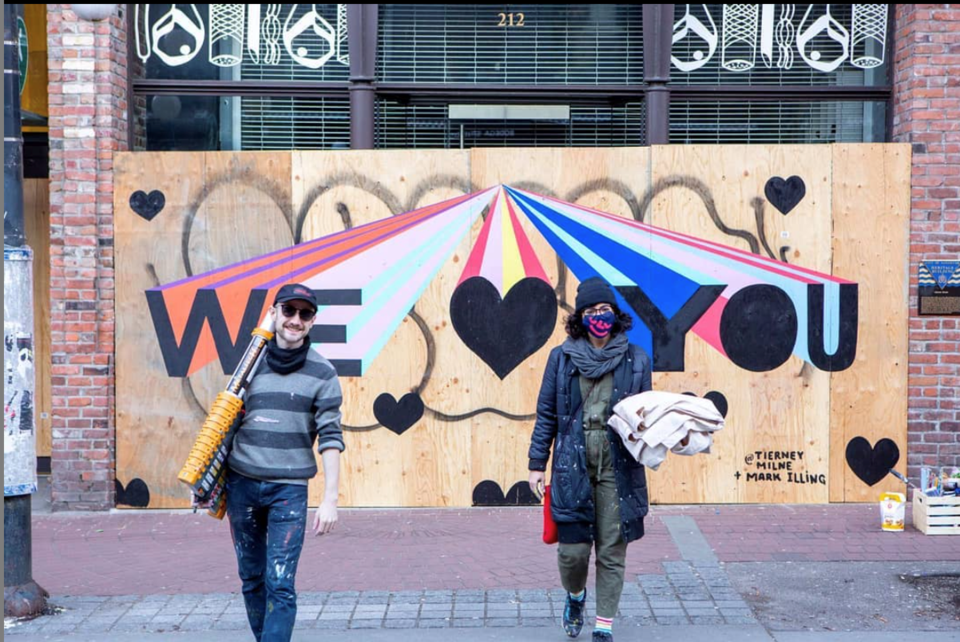It’s not necessarily construction that threatens Vancouver’s rich physical, social, and cultural history this year – it is the coronavirus pandemic.
That’s why instead of a top ten list, Heritage Vancouver chose just two things facing the threat of complete erasure in 2020.
“Normally, we release our annual Top 10 list to raise awareness for ten places that we believe are vulnerable in the city,” the non-profit organization explained.
"We are currently releasing two that are especially relevant at this moment: Threats to arts and culture and local neighbourhood businesses.”
In the past decade, the arts sector has seen a 50 per cent decline in studio space artists can use with “redevelopment, rezoning of industrial lands, competition with higher-value land use, and dramatic tax and rental increases,” as the cause.
The pandemic has led to widespread shutdowns of galleries, museums, music venues, live theatres, and movie industry productions.
Musicians, actors, cultural workers, artists have been left without a paycheque, the society noted in its 2020 report.
Executive director of BC Alliance for Arts and Culture, Brenda Leadlay, said “as society slowly returns to ‘normal’ it is our hope that this time of quiet reflection will bring about systemic change. That government will put people ahead of profit and recognize that the arts are essential to the quality of our lives.”
This oldie never gets old - the Vernon Drive Grocery. But it might not be around for much longer, recently advertised as an “...excellent redevelopment potential for office and manufacturing...” Sigh.
Posted by Heritage Vancouver Society on Friday, July 31, 2020
In terms of neighbourhood businesses being threatened, Heritage Vancouver pointed to high property taxes, unsuccessful lease negotiations, and arterial rezoning policies as the reason.
The pandemic has only increased the challenges small business owners are facing in being able to make enough profit to pay rent and sustain their livelihoods.
“Some business models may no longer be viable if a restaurant or bar can only operate at reduced capacity,” the report detailed.
“With restrictions for public health starting at the end of March, many small businesses either fully closed or operated at a much-reduced capacity.”
Executive director of LOCO BC, Amy Robinson, put it this way:
“After three months of almost no revenue, businesses are closing, there is a silent emptying of our neighbourhoods. Small, local businesses won’t survive unless their revenues rebound, and their costs are greatly reduced."
She said small businesses "need immediate coordinated action from provincial and municipal governments to assess and tax land differently so that businesses are taxed based on their use of a property and not some future potential use."
Ed. note: In a previous version of this article, LOCO BC's Amy Robinson was incorrectly identified. We apologize for the error.


